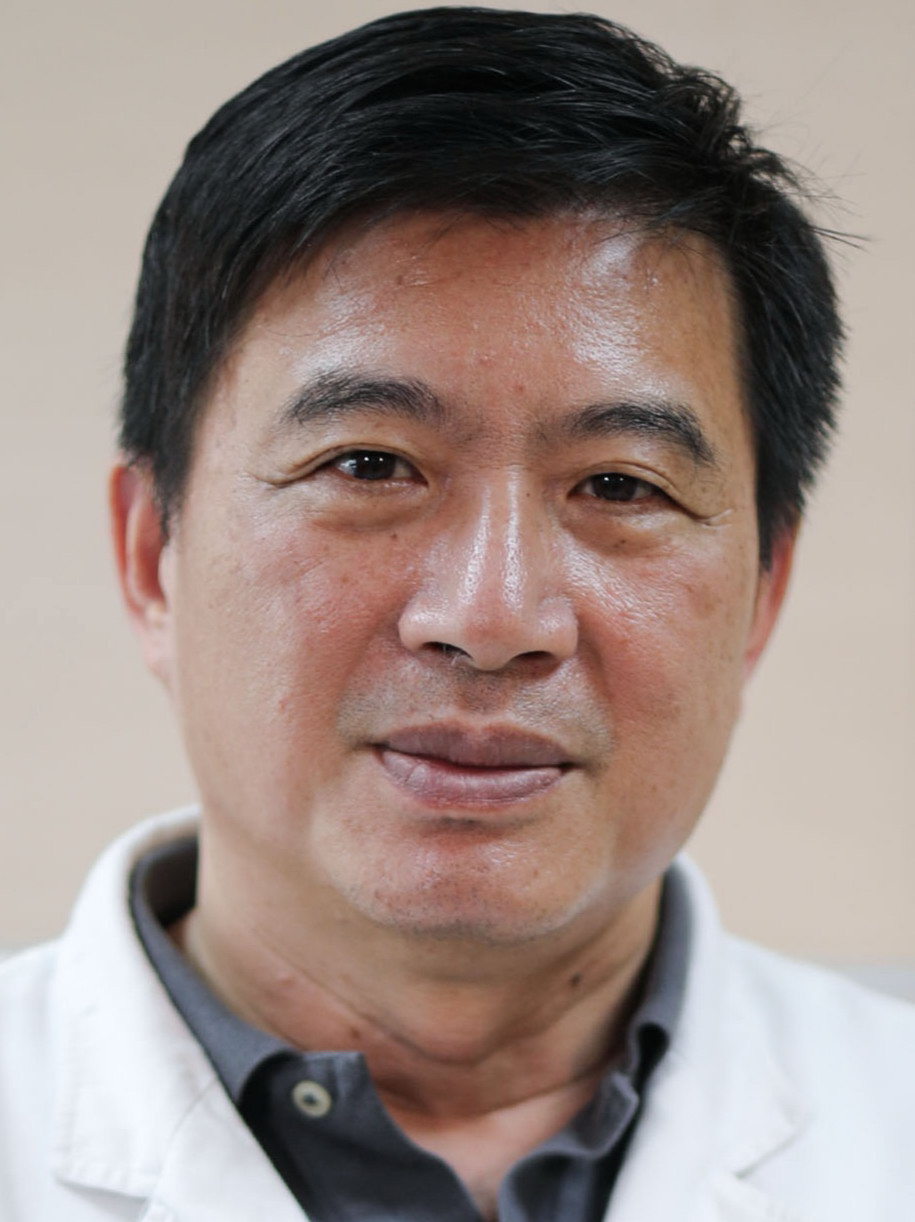Doctor calls for stronger disease control system


Editor's Note: This series tells the stories of delegates to the two sessions who are bravely fighting the virus outbreak with extraordinary dedication.
After working as a doctor on the front line of the novel coronavirus outbreak since January, Cai Weiping put aside his white gown and flew to Beijing a few days ago to serve as a deputy to the National People's Congress, which opened its annual session on Friday.
Cai, head of the infectious diseases department at Guangzhou Eighth People's Hospital in Guangzhou, Guangdong province, has proposed building an efficient, open and transparent prevention and control system for infectious diseases and the development of more comprehensive facilities for treatment of the diseases.
"China has already built a nationwide monitoring system for new infectious diseases," he said. "But we need to optimize a quick response mechanism and build an independent system to increase public awareness of infectious diseases."
More importantly, Cai said, construction of more comprehensive facilities for treatment of infectious diseases would play a decisive role in better tackling them.
"There are not sufficient facilities for treatment of patients with infectious diseases, especially in large cities such as Beijing, Shanghai and Guangzhou," he said.
When the number of people needing medical treatment or to be quarantined surged early in the outbreak, China faced a critical lack of hospital beds. Two temporary facilities-the Huoshenshan and Leishenshan hospitals-were completed within two weeks in early February, providing more than 2,000 beds for patients in Wuhan, Hubei province, the city hit hardest.
The city's stadiums, exhibition halls and warehouses were transformed into makeshift fangcang-shelter-h(huán)ospitals to take patients with mild symptoms.
"Over the long term, we need to build more facilities that are completely up to standard for the treatment of infectious diseases,"Cai said.
At Guangzhou Eighth People's Hospital, a designated hospital for treatment of severe acute respiratory syndrome and COVID-19 patients, there are only 200 negative pressure isolation wards, out of 1,000 beds. Negative pressure facilities are able to recirculate infected air in a contained area rather than allow it to mix with normal hospital air, Cai said.
"We need to expand facilities for treatment of infectious diseases in comprehensive hospitals, to reduce impacts for other patients," he said.
There are big differences in the treatment of patients with infectious diseases and those with common diseases, Cai said.
"Once a person is diagnosed with an infectious disease, there would be many asymptomatic carriers behind him," he said."As a result, more isolation facilities are needed in hospitals."
Cai's hospital, which has 200 beds for infectious diseases in five separate areas, accommodated more than 190 patients infected with novel coronavirus at the peak of the outbreak.
Some of Cai's proposals were echoed in the Government Work Report delivered by Premier Li Keqiang at the opening of the NPC session on Friday, as Li promised to "always put life above everything else".
"We will reform the system for disease prevention and control, improve mechanisms for direct reporting and early warning of infectious diseases, and ensure prompt, open and transparent release of epidemic information," he said. "We need to greatly enhance our prevention and control capability, resolutely prevent a resurgence of COVID-19 and protect the health of our people."
- China's CR450: A new era of high-speed rail at 400 km/h
- TAN SUO SAN HAO to pioneer future of deep-sea exploration
- Xi's discourses on Chinese modernization published in Japanese
- Officials summoned over alleged garbage bin food served to students
- Caring hearts help to enhance quality special education
- Xi sends condolences to South Korean acting president over plane crash




































